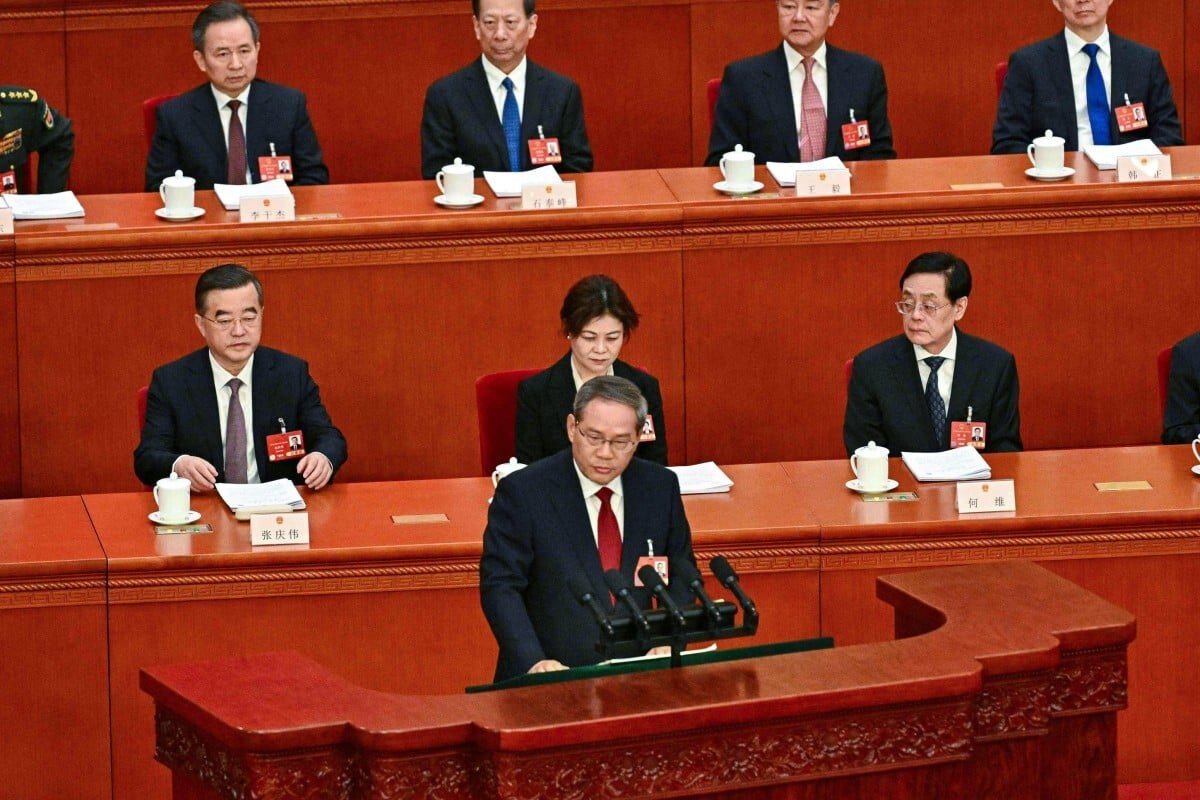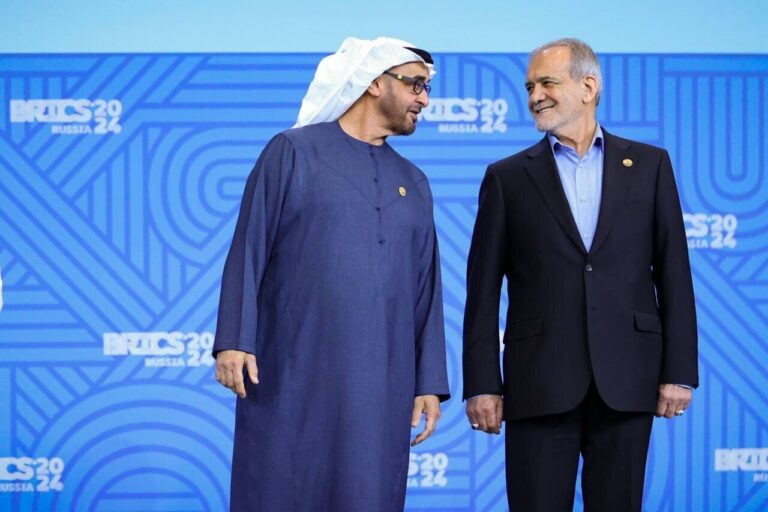Premier Li Qiang’s Upcoming Indonesia Visit: Key Highlights of the ASEAN-GCC-China Summit in Malaysia
In a significant move to enhance international relations, China’s Prime Minister Li Qiang is set to embark on an official visit to Indonesia and participate in the inaugural trilateral summit with Persian Gulf and Southeast Asian nations. This visit, scheduled from May 24 to 26, underscores China’s commitment to strengthening ties with countries in the Global South.
Li Qiang’s visit to Indonesia comes at the invitation of President Prabowo Subianto. Following this, he will attend the ASEAN-GCC-China Summit in Kuala Lumpur from May 26 to 28, invited by Malaysian Prime Minister Anwar Ibrahim. This series of events marks a crucial step in enhancing cooperation among these regions.
During a press briefing on Thursday, the spokesperson for the Chinese Foreign Ministry highlighted the significance of the upcoming summit. According to Mao Ning, “ASEAN and GCC member states are emerging economies in Asia, important members of the Global South and key partners in Belt and Road cooperation.”
- China supports Malaysia, the ASEAN rotating chair this year, in proposing and hosting the ASEAN-GCC-China Summit.
- The summit aims to discuss ways to enhance solidarity and cooperation for mutual development and prosperity.
- It also focuses on promoting cross-regional cooperation that benefits all parties involved.
Mao Ning further stated, “China looks to expand practical cooperation with ASEAN and GCC member states in various fields to leverage our respective strengths, pursue win-win results, jointly uphold the multilateral trading regime, and defend the common interests of the Global South.” This reflects China’s strategic intent to deepen its partnerships in the region.
Highlighting the significance of the visit to Indonesia, Mao noted, “China and Indonesia are friends and neighbors across the sea and close partners with a shared future.” This year marks the 75th anniversary of China-Indonesia diplomatic ties, and the bilateral relations have shown steady growth, characterized by fruitful practical cooperation.
She emphasized the deep-rooted traditional friendship between the two nations, stating, “China hopes that through this visit, the two sides will carry forward the traditional friendship, deepen solidarity and coordination, and keep consolidating the cooperation paradigm with five pillars:
- Political cooperation
- Economic collaboration
- People-to-people and cultural exchanges
- Maritime cooperation
- Security collaboration
These pillars aim to advance modernization along their respective paths and enrich the China-Indonesia community with a shared future, contributing to regional and global peace, stability, development, and prosperity.
Last month, President Xi Jinping undertook a tour of Southeast Asia, visiting Vietnam, Malaysia, and Cambodia. This tour was part of China’s broader initiative to strengthen relationships with its neighboring countries. During a central conference held in Beijing on April 8 and 9, Xi emphasized the importance of fostering a community with a shared future among China’s neighbors and exploring new avenues for regional cooperation.
As Prime Minister Li Qiang prepares for his upcoming visit, it is poised to signify a new era in China’s ties with ASEAN and Persian Gulf nations. This effort reinforces Beijing’s dedication to promoting a fairer world order and positions China as a leading advocate for inclusive multilateralism.
China’s commitment to equal involvement in global governance, regardless of a country’s power or stature, is a crucial aspect of its international relations strategy. This principle is evident in China’s support for the UN’s role in upholding global rules and its advocacy for balanced trade and climate policies tailored for developing nations.
Moreover, the Belt and Road Initiative exemplifies this vision, aiming to foster infrastructure and cultural exchanges that help narrow development disparities across nations. Through these initiatives, China seeks to build a network of partnerships that promote sustainable growth and mutual development.
As the world watches, Prime Minister Li Qiang’s visit and the subsequent ASEAN-GCC-China Summit are anticipated to pave the way for enhanced cooperation, fostering a collaborative environment that benefits all involved parties and supports the overarching goal of a harmonious global community.






